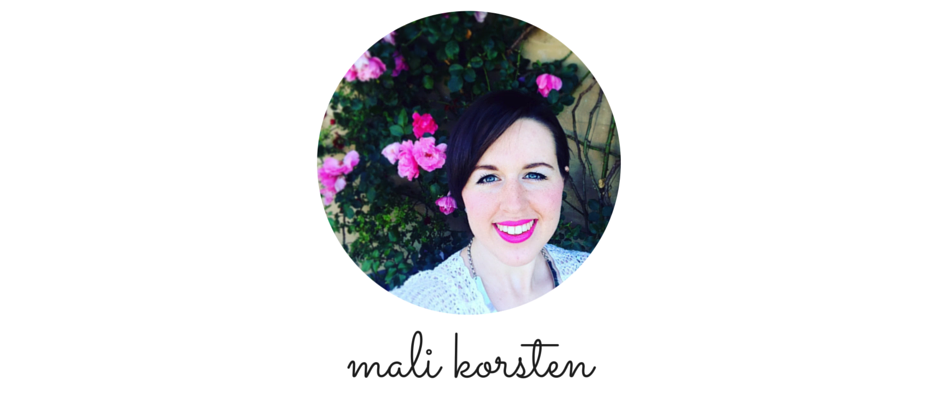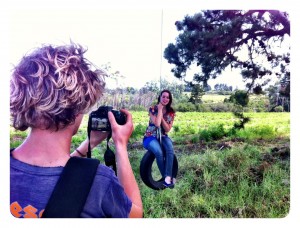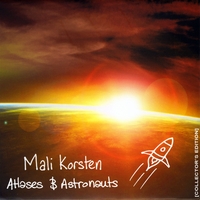
Imagery is exactly what it sounds like: the use of language to conjure up a mental image or picture. It is an extremely powerful tool for any songwriter, and can really bring a song to life.
Rather than try to explain to you how to employ imagery in your songs, I thought it would be more effective to show you how other artists have done so with great success.
Here are five examples of imagery being employed well in songwriting:
1. Up Against the Wall – Fiction Family (written by Jon Foreman)
When you’re down on the ocean floor
And the sand gets in your shell
Everyone’s been talking ’bout the pearl you’ll have someday
But right now it only hurts like hell…
I think this verse alone is worthy of a Grammy. The idea here is that although suffering can yield good fruit in the future, that doesn’t minimise the pain in the present moment. This truth is beautifully conveyed via the metaphor of an oyster, who overcomes the irritation of sand in its shell by building a pearl around it.
2. Nothing Ever Happens – Del Amitri (written by Justin Currie)
And by five o’clock everything’s dead
And every third car is a cab
And ignorant people sleep in their beds
Like the doped white mice in the college labs
It’s pretty much impossible to read/hear those lines being immersed into a mental picture that represents the mundanity of day-to-day that the author is referring to.
3. Lover, You Should’ve Come Over – Jeff Buckley
Looking out the door I see the rain fall upon the funeral mourners
Parading in the wake of sad relations, as their shoes fill up with water.
These words transport you directly to the scene being described, which itself helps to convey the sense of loss that is central to the song’s story.
4. A Case of You – Joni Mitchell
On the back of a cartoon coaster, in the blue TV screen light
I drew a map of Canada, oh Canada
With your face sketched on it twice.
Amazing imagery is conjured by these lines, which communicate the concept of the song’s subject (i.e. the person whom is being addressed) and home being synonymous.
5. Drops of Jupiter – Train (written by Patrick Monahan)
Now that she’s back in the atmosphere
With drops of Jupiter in her hair
She acts like summer and walks like rain
Reminds me that there’s a time to change
The “she” of this song (i.e. the subject) has clearly been on some kind of journey, and this wonderful imagery helps the listener to comprehend the vast sense of distance that was felt between the author and subject whilst she was gone.
As you can see, imagery is invaluable in helping convey the central story or message of your song. It can take a song from black-and-white to colour, and can be the difference between a bored audience and a captivated one.
Do you have a great example of imagery in songwriting that you’d like to share? Do you think imagery is important, or have you underestimated its value until now? I’d love to hear from you in the comments section below!
Photo courtesy of Max Garcia – art photographer





